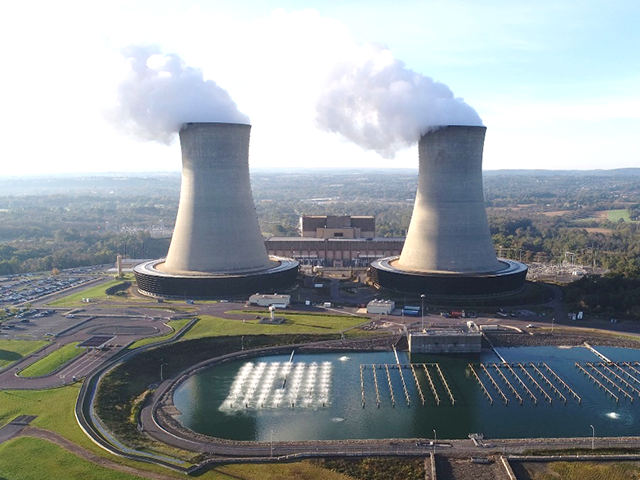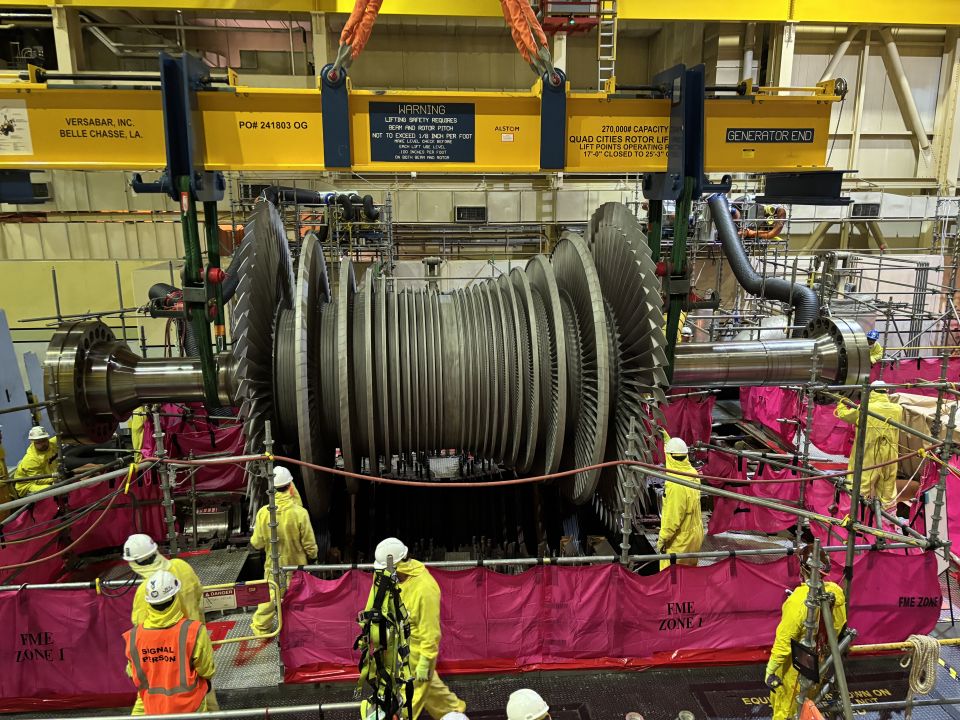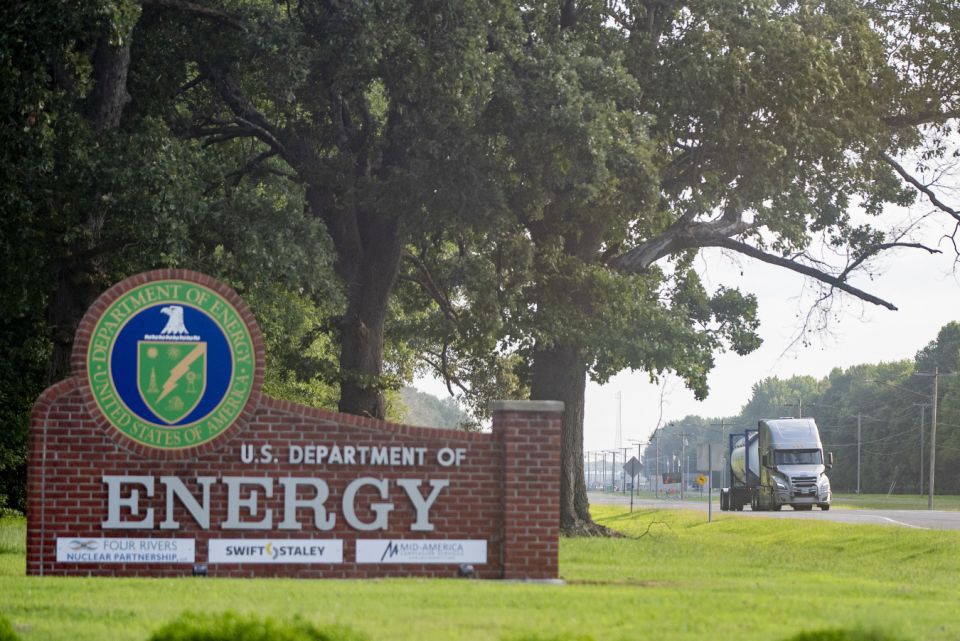Constellation pushes FERC for PJM rules on co-located generation
A new complaint filed by Constellation asks the Federal Energy Regulatory Commission to order the PJM Interconnection to provide rules for co-located generation to serve large facilities, such as data centers.

-3 2x1.jpg)








